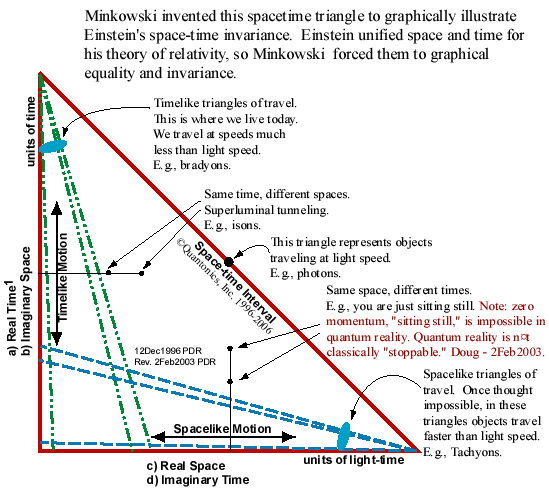-- The Mark And The Void, Paul Murray.
A supernumerary in Roman times was a supernumerarii, or a soldier brought in to fill the place of another soldier who'd been killed or disabled. Nowadays, we say it means "exceeding the usual number," a superlative of numerary a word that means a person has a fixed or permanent member of the group. But in many instances the supernumerary is more of a person who does fill a regular role that is expected of him or her, but which in some way is still extra: student nurses assigned only to shadow a trainer are supernumerary even though one would imagine that there are always student nurses. Many times, a supernumerary is a person who has retired from a more active role (judges, ministers, e.g.) but still fills in from time to time. It's also used to describe extras on a movie or play or opera set, which makes sense because they mean the same thing.
Here, though, the word conveys something altogether more... sinister? That has to be the design. A man dressed all in black, and someone who is more than the normal number of people you'd expect to see in such a scene.
The effect was lost on me, though, until I paused and looked the word up, which was kind of a chore in that I read this book in hardcover and so I had to go get my phone to look up the word and then get my laptop to write this.
More interesting to me is the supernumber, also known as Grassman numbers. I won't pretend to understand the concept even the slightest, so here's how Wikipedia boils it down:
In other words, a Grassmann number is a non-zero square-root of zero.
The Grassman numbers as near as I can figure out have something to do with "superspace," which seems to be a theory that in addition to our spatial dimensions of x, y, and z there are 'anticommuting dimensions,' which correspond to this.
If you read through a bunch of very dense Wikipedia articles about this stuff eventually you will realize that they're talking about 6-axis non-Euclidean geometry for space-time, and that is actually a concept I first learned about just under 30 years ago when I bought the book The Number Of The Beast by Robert Heinlein; the book is about four supersmart people who use a tricked-up spaceship to discover that all worlds are simply figments of the imagination of people in other worlds: we dream up John Carter of Mars, say, and John Carter of Mars dreams us up. It was the second Heinlein book I'd ever read, after Job: A Comedy Of Justice, and although I still don't understand how all these supernumbers are supposed to work and what they're good for, I know they exist and that is the sum total of my scientific education.
It is, then, humbling to note that the origins of these six-dimensional spacetime coordinates and expanded theoretical discoveries began with theorists talking about how time might be described mathematically and coming up with the complex math equations that now form the basis for pretty much every mathematical conception of space and time we use today, and it is those conceptions of space and time that led to the development of quantum theory, and quantum theory is responsible for much of what we take to be modern life, from lasers to cell phones to more or less every electronic device.
It's humbling because the guys that thought it all up did it in 1905. In an era that was almost unimaginably primitive compared to our lives -- life expectancy was 47 years, 95% of people were born at home, and there were only 144 miles of roads in the US -- thinkers were defining how our century would look.
In other words, I couldn't have looked up these words, read about them, and typed this if a couple of theoreticians in 1905 had decided to go to the beach instead.




